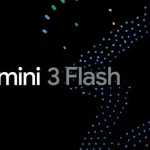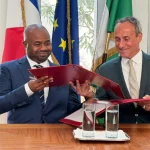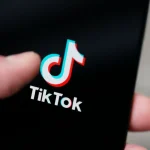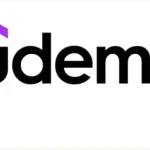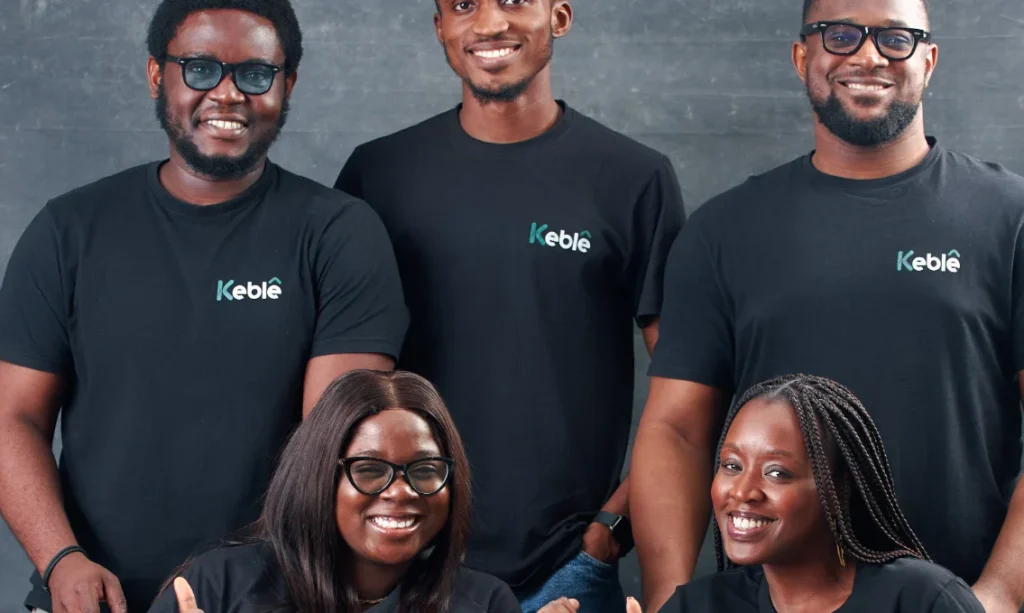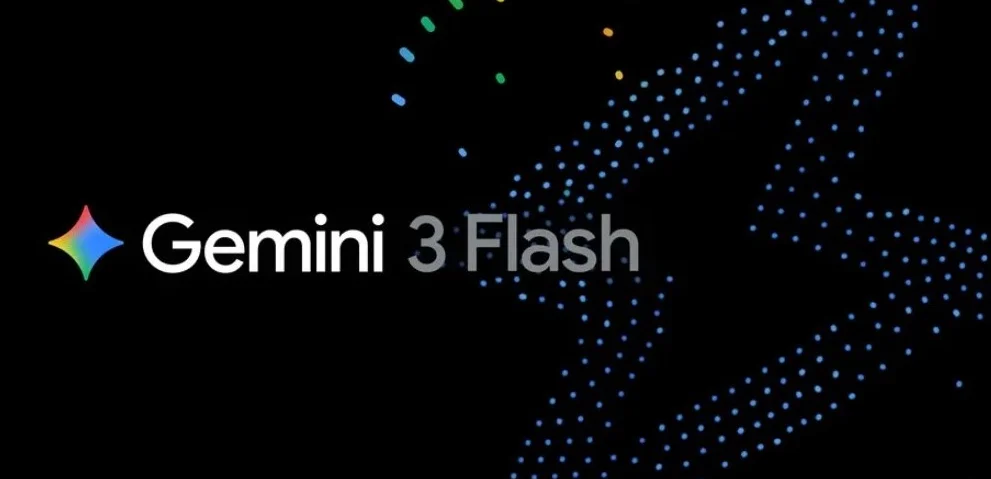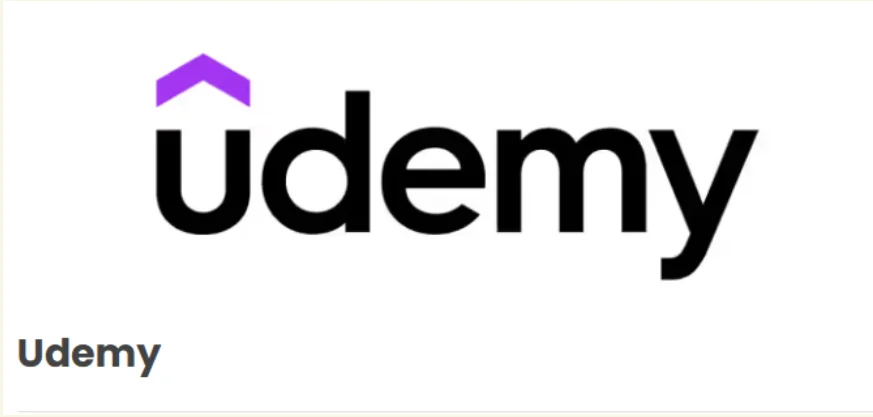When unfavourable macroeconomic conditions have seen the finances of many employees worldwide dwindle, Keble provides an easy opportunity for Africans at home and abroad to build wealth by investing in the global real estate market with little capital.
While real estate is considered one of the best investments because of its low risk and favourable returns, many young Africans do not have the financial power to purchase or develop landed properties, a means to access the global real estate market, or the patience to reap the high rewards from such investments when they mature over time.
Emmanuel Oballa, Josemaria Agulanna, Valentine Offiah, and Adebisi Borokinni sought a way to help Africans invest seamlessly and worked on a model during the COVID-19 pandemic. Their brainchild, now Keble, has already helped thousands of Africans earn thousands of dollars in investment returns.
Keble is one of the 12 startups recently announced as a member of the 2023 cohort of the ARM Labs Techstars Accelerator, a Lagos-based program focused on building early-stage African startups. Technext chatted with Emmanuel Oballa, co-founder and CEO of the fast-growing startup, and he shared Keble’s journey so far and how it seeks to help Africans build wealth with a few taps on their mobile devices in the comfort of their homes.
Many people want to invest their funds safely, and Keble helps users invest in the global real estate market fractionally so that they build wealth and grow their finances. This fractional investment is different (and better) from investing in stocks or cryptocurrency where the market is volatile.
In the past, stock investments have derailed the financial plans of many Nigerians, and the triumphs and travails of the cryptocurrency market are well documented. In the crypto market today, only super high-risk investors with in-depth knowledge of digital assets are willing to put their money in the hope of making gains.
The founding team brings a combined experience of over 14 years across real estate, product & finance, and strong partnerships with stakeholders in the real estate market in Nigeria, Morocco, the United Kingdom, Dubai, and other countries.
Keble enables users to seamlessly invest in global real estate opportunities for as low as 10 dollars. All you need to do is sign up and check out a list of properties to invest in and the duration for which the property would be held. You then purchase a fraction of any property you invest in and receive stable returns. That stable return is the asset’s value regarding its appreciation because that is how you make your returns.
What’s more? You do not have to wait until the property is sold before you can recoup your investments. Keble is working on a feature allowing users to liquidate their assets before maturity.
The provision to invest with as little as $10 reduces the barrier to becoming a real estate investor. Young graduates, undergraduates, low-earners, and small business owners can invest in real estate because Keble’s low barrier to entry gives everyone, particularly Africans to invest in a market that ordinarily they would not have access to.
Keble’s differentiating factors
In Africa today, many platforms promise investment security and returns, though most invest majorly in stocks. According to Emmanuel Oballa, the currency used to invest, transparency, and stable returns set Keble apart from such platforms.
“The asset class is the first differentiating factor ( from the investment plans of other platforms) and the currency. Many other platforms that invest user funds in real estate do this in Naira and do not offer a stable return rate. Keble invests in dollars, so earnings are in the same currency, and we offer a stable return rate.
For instance, some platforms may say the return rate on investment can be as high as 10 per cent or 15 per cent, implying that it fluctuates. But Keble’s returns are stable, and the model is straightforward.
Also, Keble’s experience in the real estate market and relationship with developers worldwide provides unprecedented transparency in the investment game. “When you invest in property, you can see photos of the property and its location, and you can even go there to observe the progress yourself. Other platforms may only provide an interface that informs you about your investments, your stake and possible returns.
We have partners in different continents so that you can connect with the developer anywhere in the world. We send timely updates. We also have good relationships with relevant government organizations, partners, and trustees. For instance, we have a relationship with the body of developers in the UK. So we get reports, documentation, updates and first-hand information about the properties and new investment opportunities. There is a memorandum of understanding with our partners and trustees, and we maintain constant communication with all stakeholders to deliver the best for our users.
Keble’s journey so far
When Keble was birthed, it was initially difficult to get investors to understand the solutions it wanted to provide for Africans. Considering that the business model was built during the pandemic when many people were wary about releasing their funds.
However, the founding team kept at it, reworked their business model, and ensured that they were on the right side of compliance, as startups providing access to fractional investments in real estate were relatively new at the time. Emmanuel explained that the task has been daunting, but several lessons learnt along the way have helped the team make an impact in a short time.
By the fourth quarter of 2021, the brand was fully functional, and Africans in diapora were using the platform to increase their financial strength by investing in real estate.
Initially, we were only working to enable investment in local real estate, but we noticed a growing trend of Nigerians in the diaspora using our platform. This got us thinking about the global market opportunity, so we decided to reach for the stars. Then we also found out that a few other startups, like Fractional (backed by Y-combinator), were beginning to do this in other markets, which lends validation to what we are doing.
We thought we were the only one in the early stages, so it was harder to convince investors, but now they get it easily. While we have reworked our pitch as founders, many fractional real estate companies are also springing up in Africa and the rest of the world. so it is easier to pitch to an investor than last year.
The past year has seen similar startups like Fintor raising millions of dollars in funding and Arrived Homes backed by Jeff Bezos, so we hope to get more local investors.
What next for Keble?
There are three pillars which Keble has explored, and it is seeking to leverage them going forward; building a strong, credible brand, building a community, and developing solid partnerships.
Emmanuel says, “People want to invest, but they need a brand they can trust, people want to be sure their funds are safe, and that is what we want Keble to do. We treat peoples’ funds like our own. In fact, we as founders invest in the assets. We want to build returns for people and ourselves, so we have put our money where our mouth is.”
Keble is also looking to build a strong community to help users make the best financial decisions. Many people do not discuss the importance of a community and its impact on helping a brand grow.
“We have a Keble community called Keble Tribe, where we provide financial education and literacy. and we plan to build it even further. Apart from building a wealth management platform, we want to build a community where we have in-house sessions that help people with tips on managing their money, savings, investing, budgeting, financial freedom, etc“
The third thing is building solid partnerships. Keble already understands the importance of building relationships with relevant stakeholders and big brands in the community. Emmanuel Oballa explains that these brands must be credible, and users, including diasporans, must be comfortable with them.
It is so in our blood that we do not work with every developer. We are very selective about the developers that we work with. We are slow to work with developers because it is more than just making money. We cannot just work with anybody. Yes, we need developers for the model to work, but we need users to trust us and our platform.
Emmanuel Oballa also acknowledges the impact of every team member in helping the brand reach its current height. The current team is excellent, and we need to ensure that we are taking actionable steps to get to where we want to be, and funding will help us get from where we are to where we want to be.


